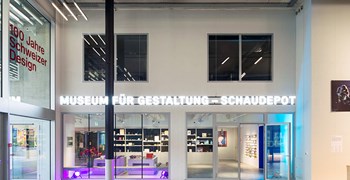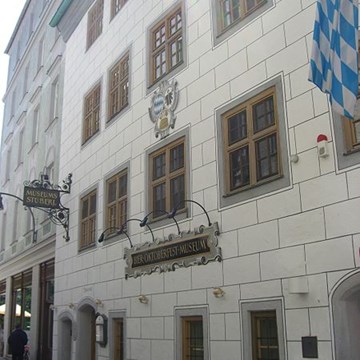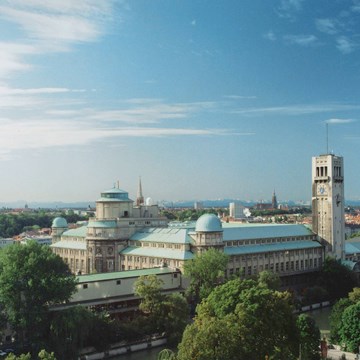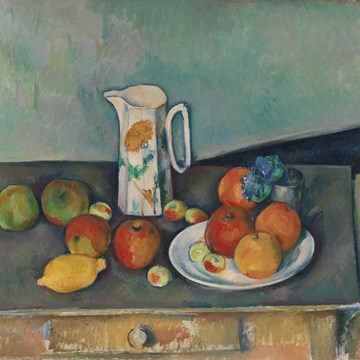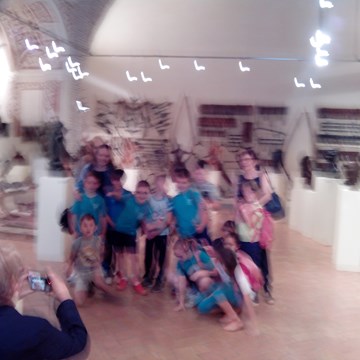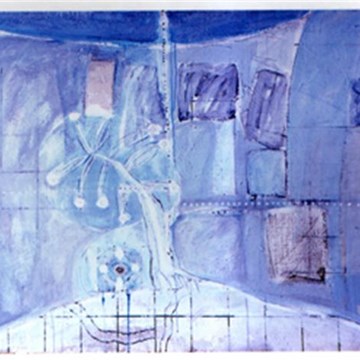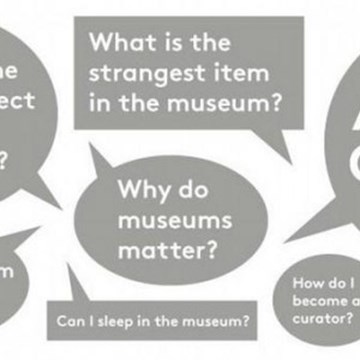Photographics: Klein, Ifert, Zamecznik
Light drawing, photograms, photomontages: the search for a contemporary visual idiom for the postwar period inspired artists and designers to experiment with photography. From 1950, William Klein created photograms, decisively influenced by the Bauhaus legacy and by contemporary gestural abstraction and kinetics. Gérard Ifert made his first movement studies, and Wojciech Zamecznik experimented with light painting shortly afterwards. In their experiments, used in advertising and cultural graphics, these exponents visualized their sense of speed and mobility. Based on various exemplary works, the exhibition, conceived by the Centre Pompidou and adapted by the Museum für Gestaltung Zürich, casts a spotlight on a particularly productive phase in the dialogue between photography and graphic art.
Exhibitions and events

Swiss Design Collection
Temporary exhibition at Museum für Gestaltung Zürich, Toni-Areal until 31.12.2027The museum houses the largest international design collection in Switzerland. The new permanent exhibition presents highlights and opens up access to the archives. The Museum für Gestaltung Zürich...

Photo Studio Wolgensinger —Through Four Eyes
Temporary exhibition at Museum für Gestaltung Zürich, Toni-Areal until 07.09.2025The photo studio of Luzzi and Michael Wolgensinger, founded in the mid-1930s, was a Zurich institution for six decades and an important meeting place for the international avant-garde. With their...
Activities from this museum
We don't have anything to show you here.
